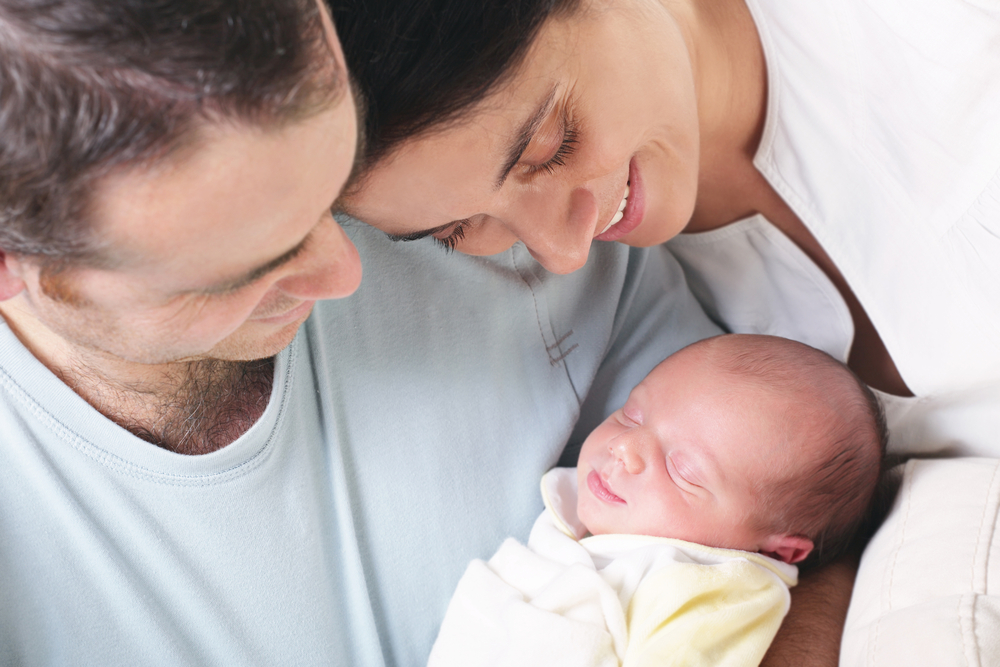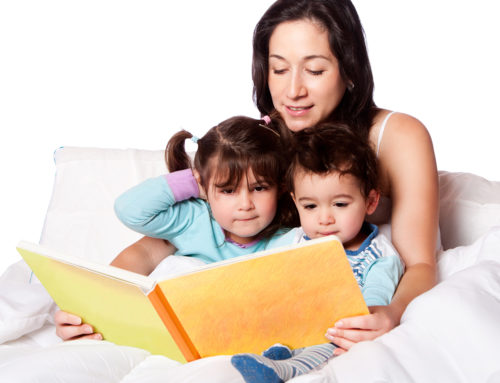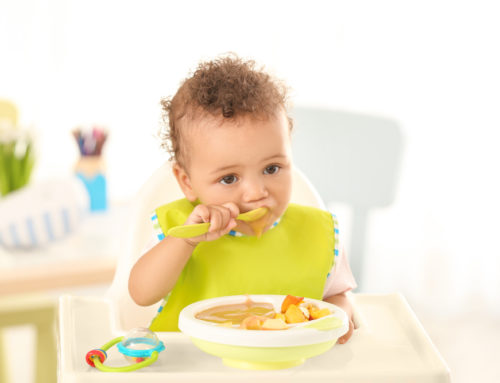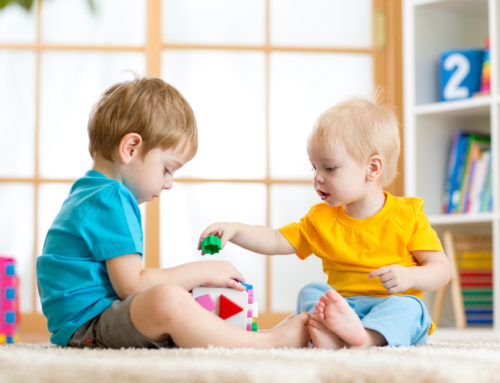_x000D_
It’s the moment you’ve been waiting for: showing your new baby to your family, friends and the world. While it’s generally an exciting time, it can also be fraught with some anxiety. Will your husband’s great-aunt Charlotte insist on coming to the hospital? Will your sister decide to bring your little nephew along, even though you know he just got over a cold? And will everyone think you’re nuts if you insist on them washing their hands before holding the baby?
To help you navigate the sometimes complicated, always interesting world of social interactions with your little one, our experts weigh in on these issues and more as they share their P.C. take on new baby etiquette.
How to Make an Intro
As soon as news of a baby’s arrival spreads throughout your network of family and friends, people are often eager to find out exactly when they can meet your little guy or gal. As to when and where those visits take place is totally at the new parents’ discretion. “Politely ask the new parents via e-mail or text when would be a convenient time to visit,” offers Sharon Schweitzer, founder of Protocol and Etiquette Worldwide. “Due to the new arrival, phones may be on silent, so wait patiently for a response.”
Deciding what point is a good time for visitors isn’t a textbook answer. “It’s a matter of personal choice,” says Daniel Post Senning, great-grandson of etiquette expert Emily Post and co-host of the Awesome Etiquette podcast. “People should call ahead and ask, but be prepared for any answer they get.” For those parents who’d appreciate a little help handling the onslaught of inquiries, he suggests designating a point person that can get back to people in a timely fashion.
For visitors coming to the hospital, be sure to check rules and regulations in advance. “The nature of the experience means a smaller, more intimate group,” notes Senning, adding that birthing centers often have different rules and tight security. “Be clear and set up boundaries in advance; it can even be part of your birthing plan,” he advises.
Home Safe Home
For those first in-home visits, it’s perfectly acceptable for new parents to share their feelings upfront and not feel badly about them. “Think of parents as the gatekeepers, and respecting that is an important part of this early relationship,” says Senning. In turn, he advises parents not to be offended by people asking what’s OK, be it holding the baby or bringing kids along. “They are showing proper courtesy and respect,” he adds.
As far as basic guidelines go, experts advise washing hands before handling a baby and be as clean and germ-free as possible. Schweitzer recommends bringing anti-bacterial wipes to show your conscientiousness and to refrain from wearing perfume or cologne. “The scent may be too strong for the mother or baby,” she explains.
As good manners dictate whenever you are invited to someone’s home, never arrive empty-handed when visiting a new baby. Consider bringing a home-cooked meal, baked goods, a mom’s favorite snack or something for the big brother or sister. For those who have picked out the perfect present and can’t wait to see the parents’ reaction, don’t be offended if the gift is put aside. “If you don’t open the gift then, you can acknowledge it with a hug or saying thanks, but definitely follow up with a handwritten thank you note,” says Senning.
And for visitors considering bringing their kids along to see the new baby, be sure to check with the new parents first. Schweitzer says to be mindful of toddlers who are “rarely without a runny nose and put their hands in their mouth or nose, so hand washing becomes ineffective after a moment.” Older kids, she believes, can be trusted to wash their hands and look at the baby, but not handle them. “It all depends on their maturity level,” she adds. Regardless of their age, if visiting children get the all-clear from the baby’s parents, they should be supervised at all times.
Public vs. Private
While it may be easy to establish a clear set of guidelines within the home, the social paradigm shifts once the doors open up to the outside world. Curious passersby may relish the opportunity to dote on a happy baby out in public, thinking that a baby is fair game to touch and play with. For handling this unwanted, yet well-meaning physical affection, experts believe you can stick to your guns without coming across the wrong way. “Safety trumps etiquette,” affirms Senning. “Don’t worry about being embarrassed. Saying ‘excuse me’ are the magic words for showing respect for the person receiving the communication.”
The same theory holds true for taking and sharing photos of your new baby on social media. “A fundamental courtesy is that you don’t scoop someone else’s big news,” he says. “There are times when people want to spread the word in their own time.” If someone does happen to post pictures, you can always ask them to take it offline.
And if you happen to know that a friend or family member is a diehard social media user, head them off at the pass in advance or, better yet, ask your designated point person to help manage that communication. “The lines between public and private are becoming blurred,” notes Senning. “It’s a good time to start managing your child’s presence early on.”
_x000D_
_x000D_




